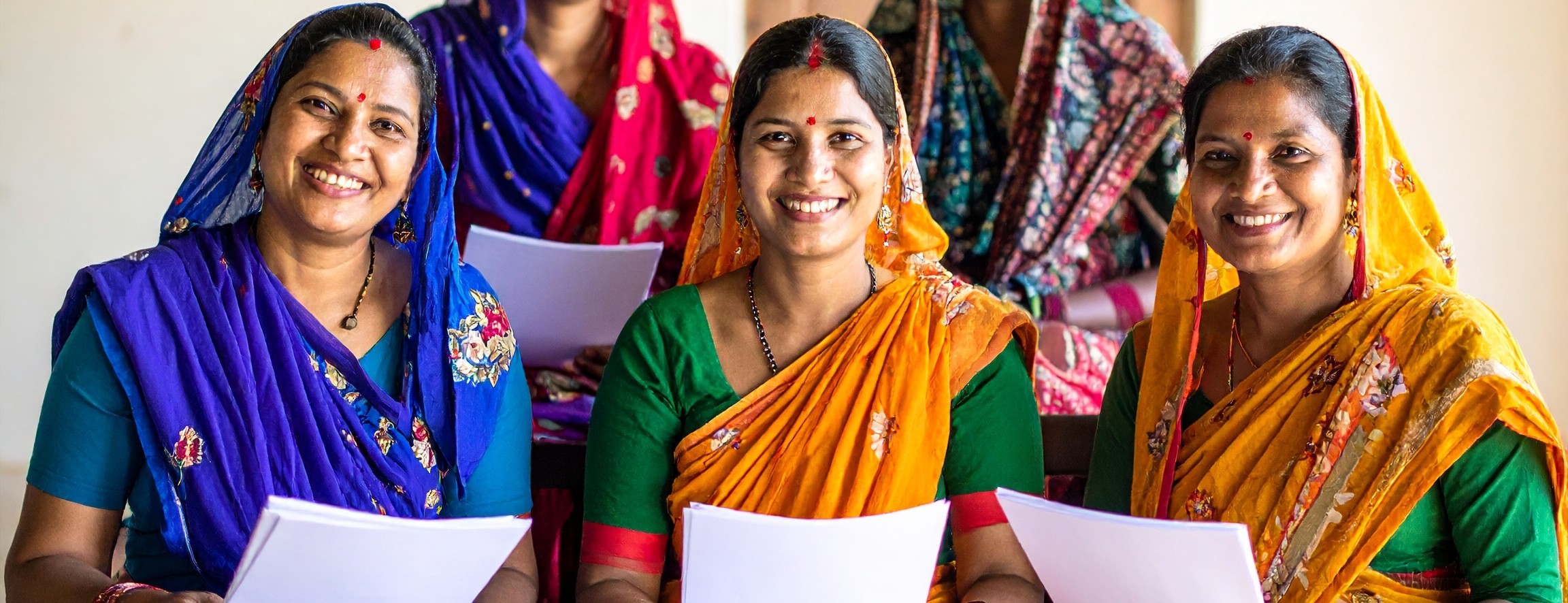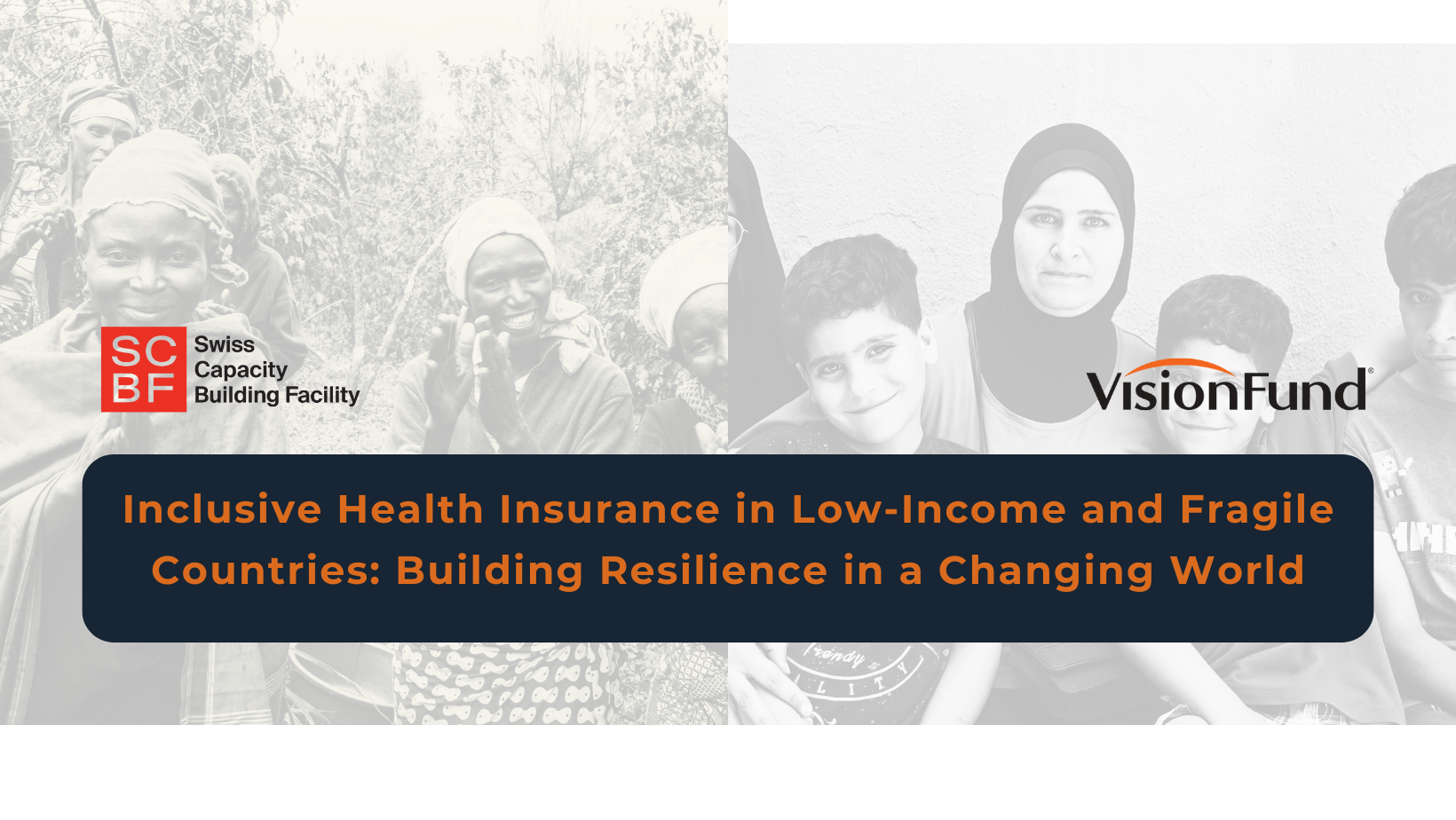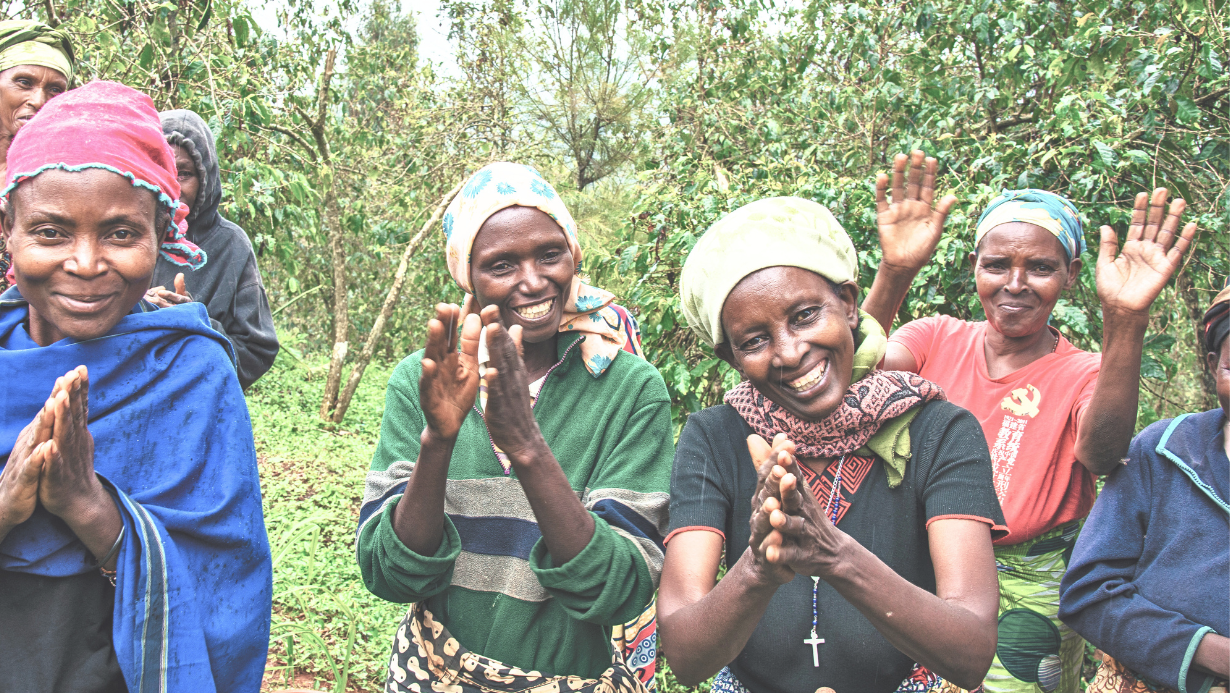CareGiver Insurance Roll-out at Lead Foundation

The Challenge
The health insurance system in Egypt is complex and does not include the informal / unorganized sector. This indicates gaps in the penetration and effectiveness of social security health financing programs. In the case of the low-income segment, that tends to be excluded from private and public schemes, the high out-of-pocket costs create a heavy financial burden on households and put them at the risk of falling below the poverty line.
This is a first-of-its kind initiative in Egypt where a fully non-subsidized (i.e. client is paying the full premium) health insurance scheme will be distributed through a financial intermediary (Lead Foundation) and the underwriting (i.e. insurance risk) is managed by a commercial insurer (ELTC). The product is provided to the clients bundled with the loans (all clients receiving loans will receive the product). Bundling health insurance with micro-credit has unique advantages in complementing the risk mitigation needs as well as ensuring quick scale-up of the product.
The Project
At the onset of this scale-up initiative in July 2016, Women’s World Banking supported Lead in completing a successful insurance pilot (with funding from Agence Française de Développement) that resulted in recommendations for the rollout of a hospital and life insurance product, eventually known as Hemayet Lead (meaning “Lead’s protection” in Arabic), to all 18 branches. With funding support from SCBF, and a concurrent grant from Visa, Inc., Women’s World Banking began working with Lead to (1) enhance its IT systems, (2) build its programme management capacity, and (3) assess the profitability of Hemayet Lead to develop a three-year roadmap for its continued success.
Results / Lessons Learnt
Lead enabled 185’932 clients to have health support which enhances their ability to cope with medical emergencies while mitigating the associated financial burden and any negative impacts on household wellbeing. During the outcome study in December 2017, 100% of interviewed clients who benefited from the health claims were found to be satisfied with Lead as an organization and Hemayet Lead as a differential service. Clients who benefited from the health claims were also satisfied with the amount, the claims process, and the turnaround time for claims payment. 75% of the clients who spent 4 – 40 nights in hospital used the claims money to pay for their hospital-related expenses, reduce amount of informal borrowing and pay back informal loans. The claim pay-out was also used to buy medicines for themselves. With a very positive word of mouth, client who did not receive a claim payment also report trust in the product and understanding in the pooling concept.

Partner Financial Institution (PFI): Lead Foundation
Grantee: Women’s World Banking
Country: Egypt
Duration: July 2016 – January 2018
SCBF Contribution: CHF 107’474 (78%)
Matching Contribution: 22%
Outreach: 185’932 clients covered
Theme: Insurance – Health
Project No.: 2016-07
The six key lessons learnt are as follows:
- Client awareness levels directly impact insurance performance, as demonstrated through the phone surveys.
- A culture of monitoring and evaluation, and data driven decisions improve the quality of insurance, provide better value proposition to the clients and ultimately give competitive advantage to the institution.
- Motivated insurance intermediaries are critical to deliver value to both low-income segments and commercial insurers.
- A properly designed product, sufficient pilot time, dedicated resources and culture of monitoring and evaluation shorten the break-even for a health insurance scheme.
- MFIs sit on a wealth of data. If harnessed properly, decision quality can be improved and return to clients maximized.
- Team commitment, excellent planning, flexibility, client centricity are critical success factors.
The Approach
Goals and Expected Impact
Partners involved























































.png)











































